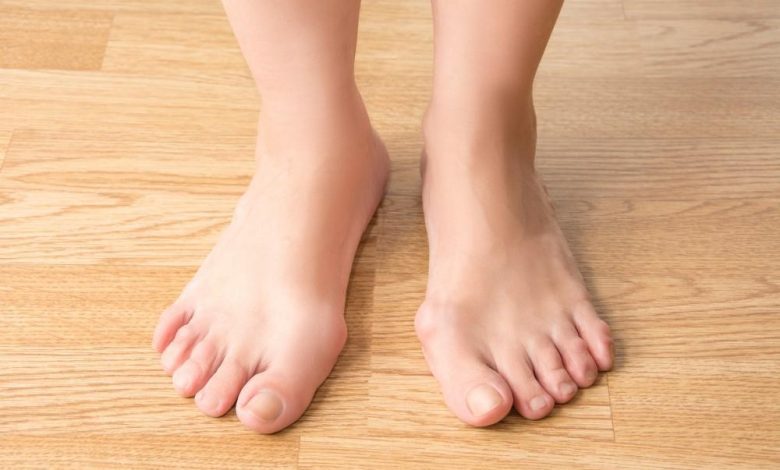Can Bunions Affect Overall Foot Health in the Long Term?

Bunions, those bony protrusions at the base of the big toe, are a common foot condition affecting many individuals. Though often dismissed as a mere cosmetic issue, bunions can have a significant impact on overall foot health over time. Understanding how bunions influence long-term foot health is crucial for managing and potentially preventing their adverse effects.
What Are Bunions?
A bunion forms when the big toe deviates toward the second toe, causing the joint at the base of the big toe to bulge outward. This misalignment is usually accompanied by pain, swelling, and redness in the affected area. Bunions can develop due to various factors, including genetic predisposition, foot structure, and prolonged wearing of ill-fitting shoes.
Impact on Foot Health
-
Altered Foot Mechanics
Bunions can disrupt the natural alignment of the foot, leading to altered mechanics. As the big toe shifts, it can force the foot to adapt to an unnatural gait. This change in gait can result in an uneven distribution of weight, putting extra stress on other parts of the foot. Over time, this can lead to problems such as plantar fasciitis, metatarsalgia (pain in the ball of the foot), and even knee and hip issues.
2. Increased Risk of Joint Problems
The misalignment caused by bunions can place excessive pressure on the joints, leading to increased wear and tear. This can exacerbate existing joint issues and contribute to the development of conditions like arthritis. The constant friction and pressure on the bunion can cause inflammation and pain, making it challenging to engage in daily activities and exercise.
3. Development of Other Foot Conditions
Bunions can also contribute to the development of other foot problems. For instance, they can lead to hammertoes, where the toes become bent and stuck in a curled position. The abnormal toe alignment can cause calluses and corns to form on the toes and the soles of the feet due to the constant friction and pressure.
4. Difficulty in Finding Proper Footwear
Individuals with bunions often struggle to find comfortable and properly fitting shoes. Narrow or ill-fitting shoes can exacerbate the condition, leading to increased pain and discomfort. This can further limit footwear choices, making it challenging to find shoes that provide adequate support and cushioning.
Long-Term Management and Prevention
Addressing bunions early can help mitigate their long-term effects on foot health. Here are some strategies for managing bunions and preventing further complications:
- Footwear Adjustments: Opt for shoes with a wide toe box and proper arch support. Avoid high heels and shoes that squeeze the toes.
- Orthotics: Custom orthotic devices can help redistribute pressure and provide additional support to alleviate discomfort.
- Foot Exercises: Strengthening and stretching exercises for the feet can help improve alignment and reduce pain.
- Medical Consultation: Regular check-ups with a podiatrist can help monitor the progression of bunions and explore treatment options, including surgical intervention if necessary.
In conclusion, bunions can indeed affect overall foot health in the long term. They can alter foot mechanics, increase the risk of joint problems, and lead to other foot conditions. By understanding and addressing these issues early, individuals can manage their bunions more effectively and maintain better foot health. If you’re experiencing symptoms or concerns related to bunions, seeking professional advice is essential for effective management.
For those dealing with bunions in Phoenix, AZ, consulting with a specialist can provide tailored solutions and support to address your specific needs






